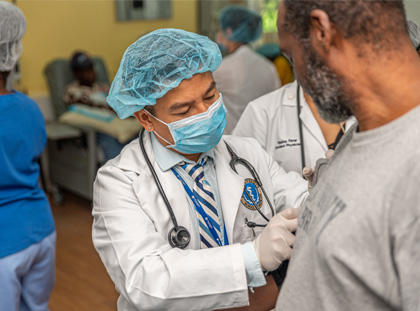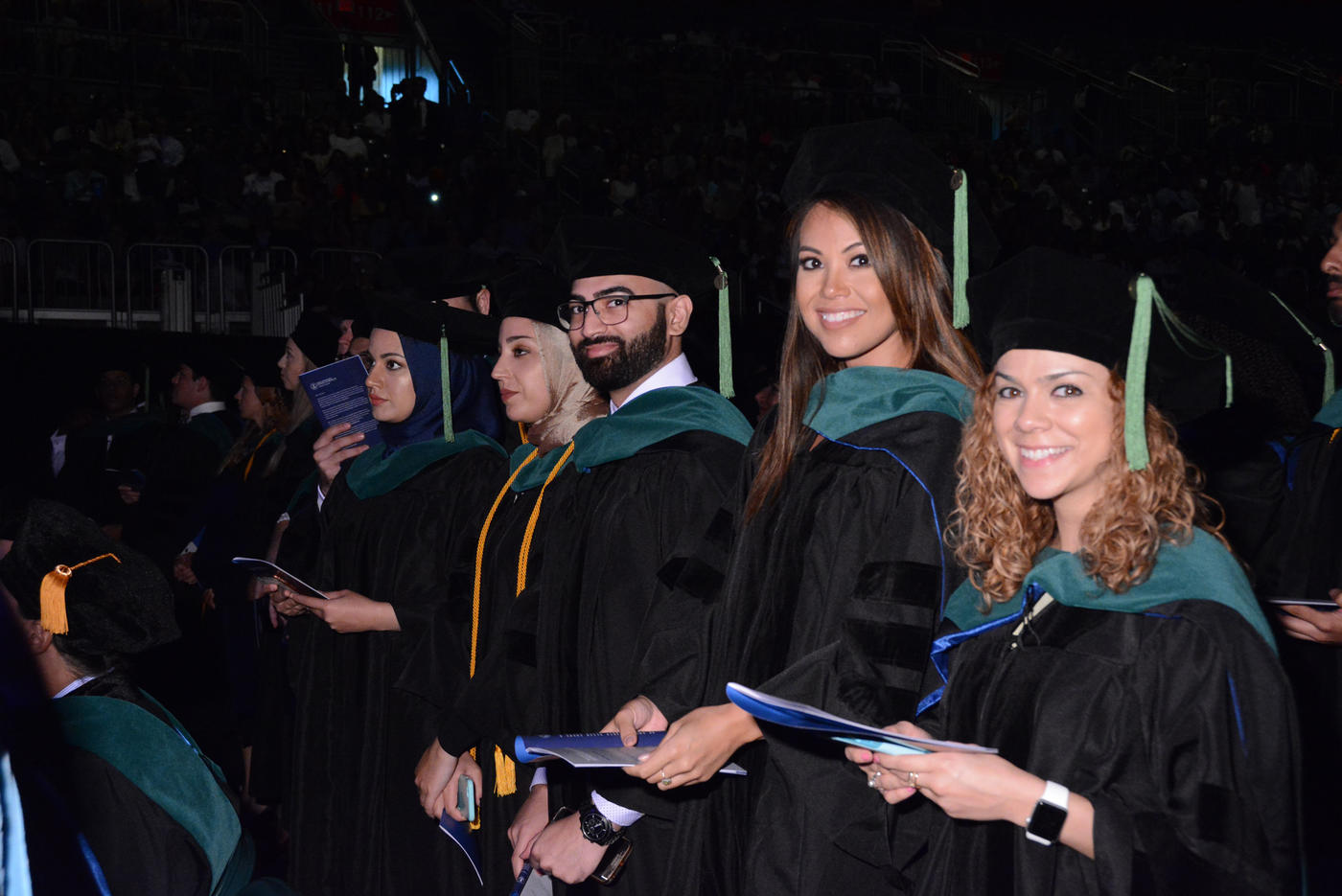For more than 90 years, medical schools have used the Medical College Admissions Test (MCAT) as a key requirement for admissions. The MCAT, developed and administered by the American Association of Medical Colleges (AAMC), is a standardized, multiple-choice test designed to measure students' readiness for medical school. Medical schools look at a student's MCAT score and other factors to determine the likelihood a prospective student has the analytical skills and conceptual understanding needed to build a medical career.
If you’re considering applying to medical school, it’s important to understand the following questions: What is a good MCAT score? and how is the MCAT scored? However, before we answer those questions, let’s review what skills the MCAT measures.
What is the MCAT Test?
The MCAT is a 7.5-hour computerized exam that includes four sections:
- Biological and Biochemical Foundations of Living Systems
- Chemical and Physical Foundations of Biological Systems
- Psychological, Social, and Biological Foundations of Behavior
- Critical Analysis and Reasoning Skills
Approximately 85,000 students a year take the exam, which is considered to be among the most challenging standardized tests. Three of the sections focus on the natural and social sciences students learned in their undergraduate education. The AAMC developed the critical and reasoning skills section in 2015 to measure students’ ability to comprehend and analyze content from a range of humanities and social science disciplines.
Students often spend hundreds of hours over several months preparing for the MCAT in order to get the highest MCAT score possible.
How is the MCAT Scored?
A test taker can score a maximum of 528 points on the MCAT. The total score is based on the sum of the four section scores, each of which has a maximum of 132 points. Test takers are awarded for each correct answer but not penalized for wrong answers.
Every year, the AAMC prepares several different test forms. These forms all measure the same concepts but include different questions. The test is not graded on a curve. Instead, the AAMC uses a process called equating to compensate for differences in difficulty between questions on various forms.
The AAMC equates exams immediately following a test day, but the process can take several weeks. So, you might have to wait a month to learn how you scored on the MCAT.
What Is a Good MCAT Score?
For many pre-med students, the most important question going into that MCAT process is what is a good MCAT score? According to the Association of American Medical Colleges, anyone who completes the MCAT receives a score of between 472 to 528.
Two frequently asked questions about MCAT scores include:
What is the highest MCAT score? The highest MCAT score possible is 528. Only a handful of people get a perfect MCAT score annually.
What is the average MCAT score? The average MCAT score is around 500.
According to the AAMC, the following were the above-average percentile ranks for the 2019-2020 test season:
- 524 - 528: 100 percentile
- 521 - 523: 99 percentile
- 514 – 520: 90 - 98 percentile
- 510 – 513: 80 – 88 percentile
- 507 – 509: 71 – 77 percentile
- 504 – 506: 61 – 68 percentile
- 501 – 503: 51 – 58 percentile
What Is A Good MCAT Score for Medical School Admission?
With an impressive score on an MCAT, students can improve their odds for acceptance into medical school. Most medical schools heavily weigh both the MCAT score and a student’s undergraduate GPA in the acceptance process. However, some schools, including Ross University School of Medicine (RUSM), balance test-taking performance against other factors that aren’t as easily quantifiable.
The RUSM admissions process looks at the whole student, not just their MCAT scores. Admission considerations include:
- MCAT and GPA scores
- Knowledge of the medical profession
- Interpersonal skills
- References
- Clinical experience
- Diversity and inclusion
Ready to Start Your Medical Journey?
If you’re worried about what is a good MCAT score, be assured that scoring in the 80th percentile isn’t the only way to gain acceptance into medical school. RUSM also offers a Medical Education Readiness Program (MERP) for students who might not have scored well on MCATs but show potential for medical school success. MERP is offered to students whom RUSM has granted conditional acceptance.
Whether you’re just starting to prepare for the MCAT or have already received your MCAT score, explore what it takes to gain admission into RUSM.
Related Resources:



